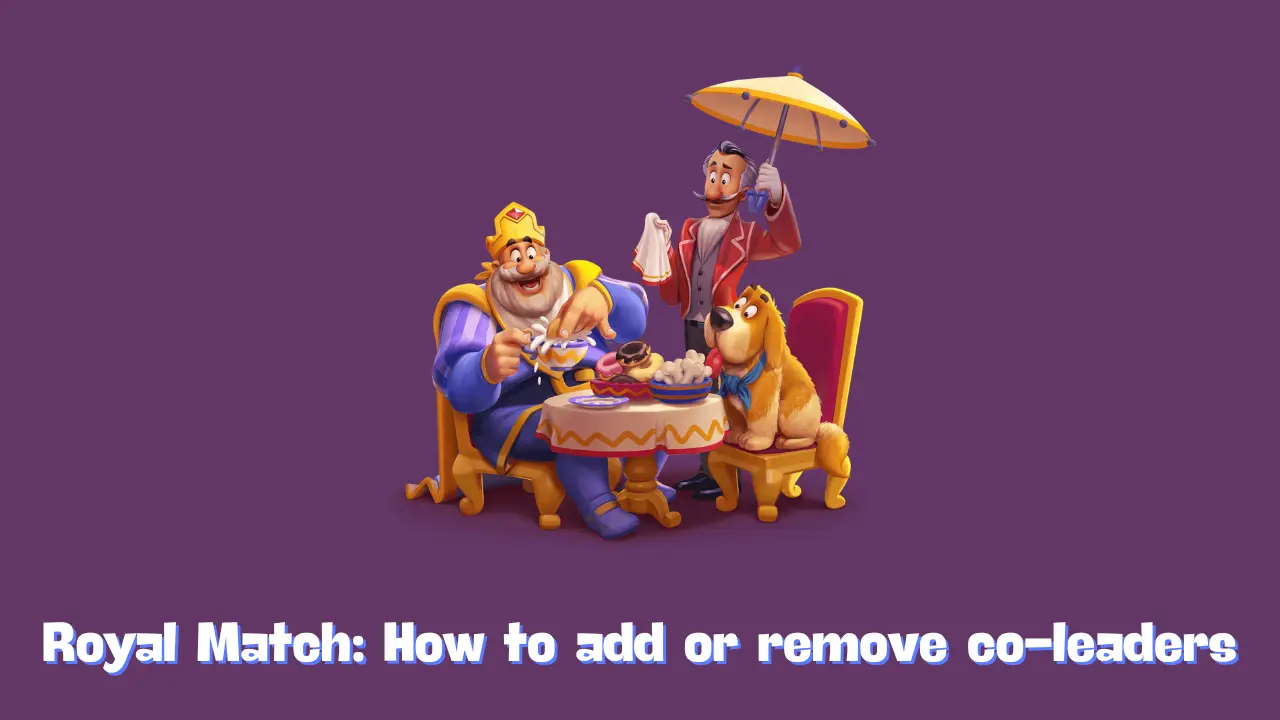In any collaborative environment, effective leadership is crucial for success. In gaming teams, the role of co-leader is pivotal, providing support and ensuring smooth operations within the group. This article outlines how team leaders can manage co-leaders, detailing the responsibilities associated with this role and the process for adding or removing co-leaders.
The Importance of Co-Leaders
Co-leaders play a significant role in the overall success of a gaming team. Their involvement not only alleviates some of the burdens from the team leader but also fosters a sense of community and collaboration. By empowering co-leaders, team leaders can ensure that tasks are completed efficiently and that players feel supported.
A well-chosen co-leader can help in maintaining team morale, addressing player concerns, and providing strategic input during critical moments. Their ability to step in when the team leader is unavailable ensures that operations continue smoothly, allowing the team to remain focused on achieving its objectives.
Assigning Co-Leaders
The authority to add or remove a co-leader rests solely with the team leader. To elevate a member to co-leader status, follow these simple steps:
- Access the Player List: Navigate to the player list within your team management interface. This can usually be found in the “Teams” or “Members” section of your game.
- Select a Player: Identify the player you wish to promote. Consider their experience, attitude, and commitment to the team when making your choice.
- Make the Change: Press the “Make Co-leader” button to finalize the promotion. This action will notify the player of their new role and the responsibilities that come with it.
Co-Leader Responsibilities
Once appointed, a co-leader possesses a variety of essential capabilities, enabling them to assist the team leader effectively. The co-leader shares similar functionalities to the leader and can:
- Modify Team Information: Co-leaders can update team details, including the team description and level requirements, ensuring that the information remains current and relevant. This is especially important when new updates or changes occur in the game.
- Adjust Team Status: They have the ability to change the team’s status between open and closed, managing the flow of new members joining the team. An open status allows for recruitment, while a closed status can help focus on team cohesion during critical game phases.
- Handle Join Requests: Co-leaders can respond to requests from players wishing to join the team, facilitating a smooth onboarding process. By evaluating applicants, co-leaders help maintain the quality and compatibility of team members.
- Enforce Team Discipline: Co-leaders can remove players from the team, with the exception of the team leader and other co-leaders. This ability is crucial in maintaining a positive and productive environment. They can address conflicts and ensure that team values are upheld.
- Assist in Strategy Development: Co-leaders often contribute to strategizing for events, competitions, or missions. Their insights can help shape team tactics and improve performance in challenging scenarios.
- Mentorship: A co-leader can act as a mentor for newer members, helping them understand the game mechanics and team dynamics. This mentorship fosters growth within the team and enhances overall performance.
Demoting a Co-Leader
If a co-leader’s performance is lacking or if changes in team dynamics necessitate a shift in responsibilities, a team leader can demote a co-leader with ease. To do this:
- Locate the Co-Leader: Access the player list and find the co-leader you wish to demote. Reflect on their contributions and any concerns that led to this decision.
- Initiate Demotion: Tap on the player’s name, then select the “Demote Co-leader” button to revert their status. It’s important to communicate this change clearly to the co-leader, explaining the reasons behind the decision and offering constructive feedback.
- Support Transition: After demotion, provide support to the co-leader as they adjust to their new role. This can help mitigate any negative feelings and encourage continued participation in the team.
Effective Communication is Key
Throughout the process of assigning and managing co-leaders, communication plays a vital role. Team leaders should maintain open lines of communication with co-leaders and team members to ensure that everyone is aligned on goals and expectations. Regular check-ins can help address any issues before they escalate and encourage collaboration.
Conclusion
The role of a co-leader is vital for the functioning of a gaming team. By understanding how to effectively add, manage, and demote co-leaders, team leaders can foster a collaborative and efficient environment. With the right structure in place, teams can enhance their performance and achieve their goals together. Empowering co-leaders not only strengthens the team’s leadership but also cultivates a supportive atmosphere where all members can thrive.
Related Posts:
Royal Match How to invite other players to your team
Royal match How can I create a new team
Royal Match How to purchase coins
